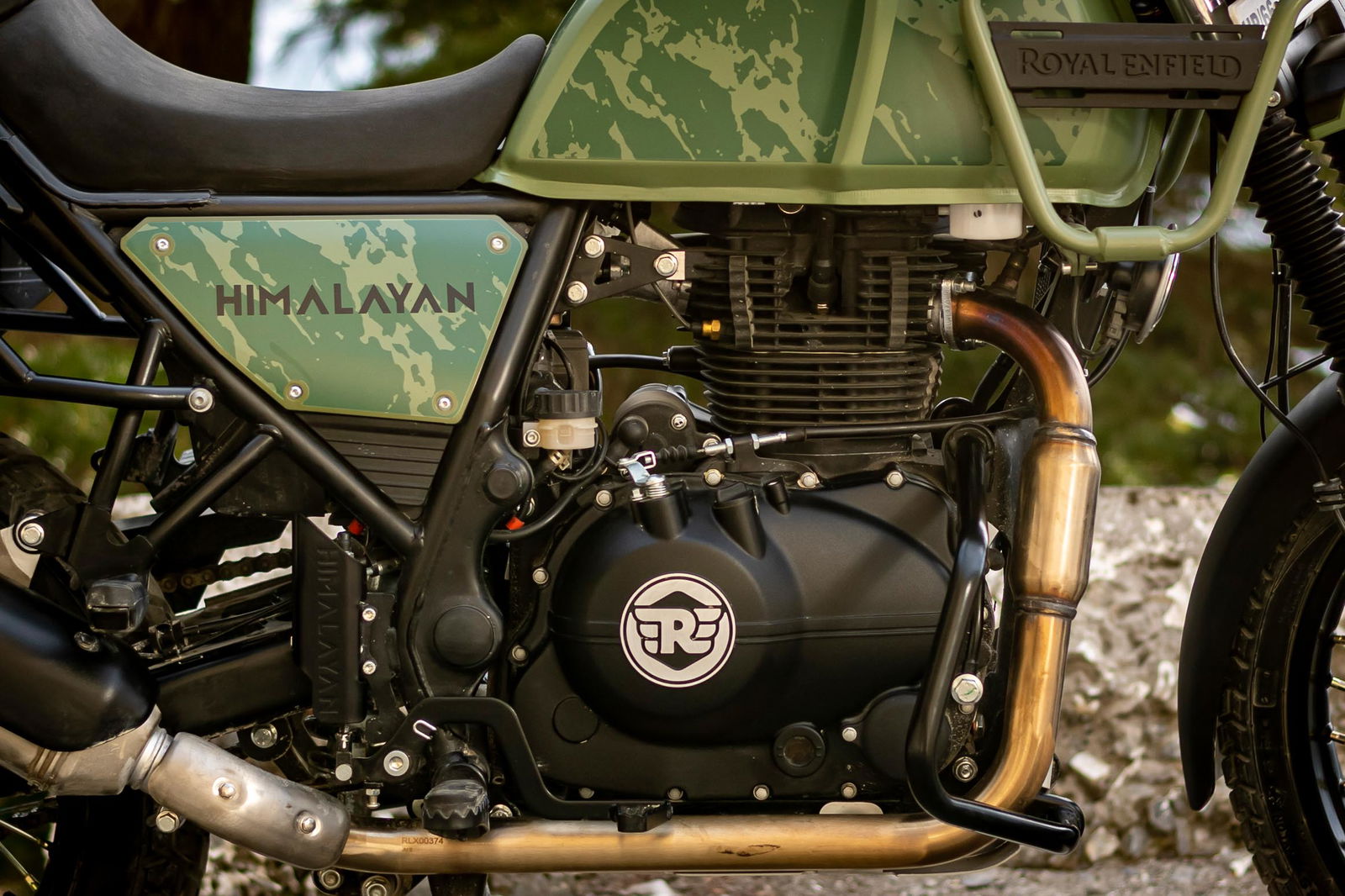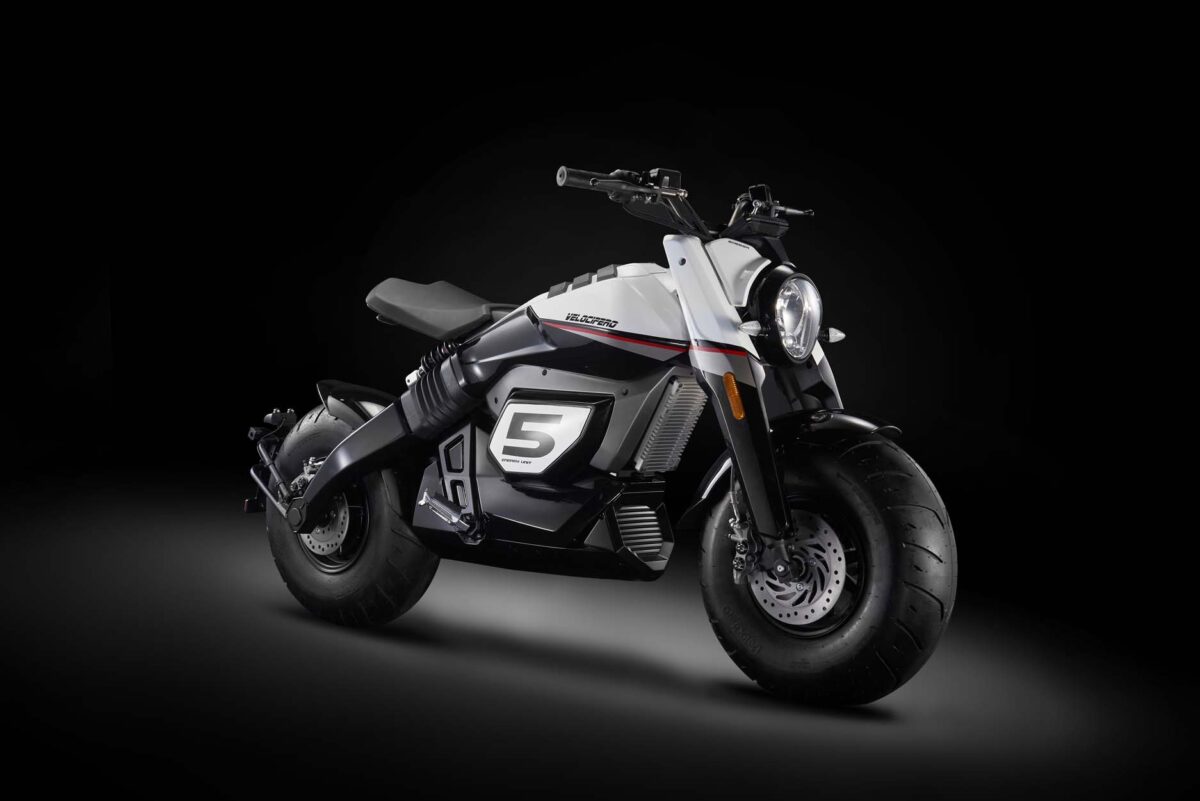Cake aims at agriculture with latest semi-autonomous ATV project
Cake has announced its newest project, a semi-autonomous quadbike aimed at agriculture and farming, which it intends to launch by 2025.
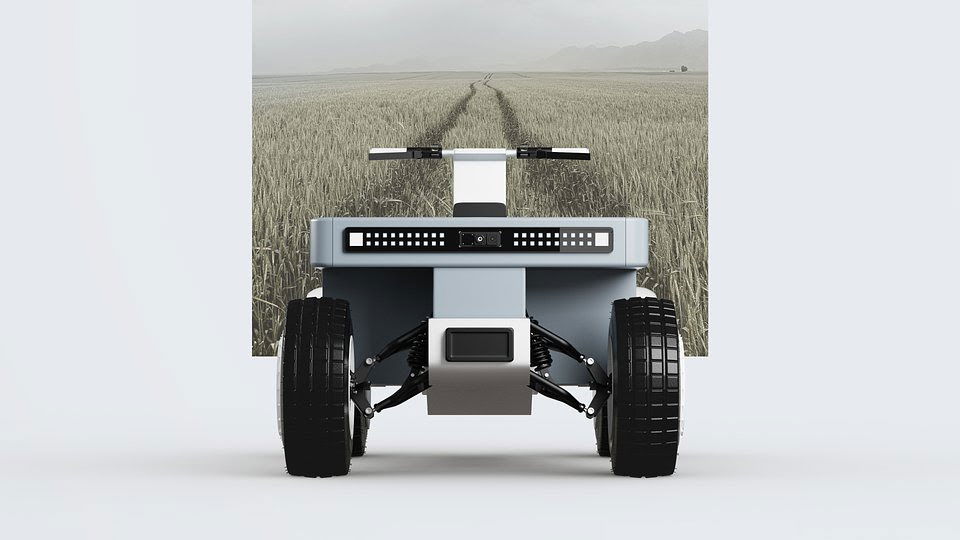
Cake has revealed its newest project, the agriculture-focused Kibb, which will be the Swedish marque’s first entry into the ATV sector.
Cake is a brand which so far has maintained its focus on small, low-powered electric bikes for a variety of purposes. With its new Kibb project, it will be maintaining its all-electric status, but Cake doubles the surface contact points, and aims at autonomy.
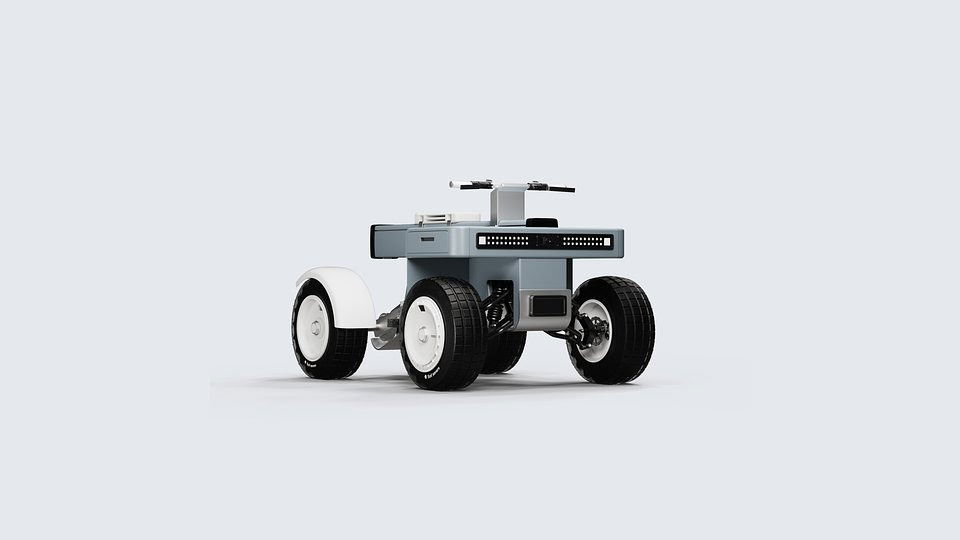
The Kibb is designed for agricultural work, since “Today, the machines employed for farming at scale contribute heavily to global greenhouse gas emissions, and negatively impact the ecosystems we all rely on for healthy food cultivation,” Cake says.
It will be a semi-autonomous ATV able to complete some tasks on its own - although Cake does not specify what tasks these might be, just that they would be “simple tasks” - and would also be able to “act as a mobile power station,” Cake says.
Cake is intending to have the Kibb in production by 2025, and to do this Cake says it “will work closely with experienced farmers from a wide set of disciplines including organic farming, permaculture, and regenerative agriculture to address the mechanical challenges they face.”
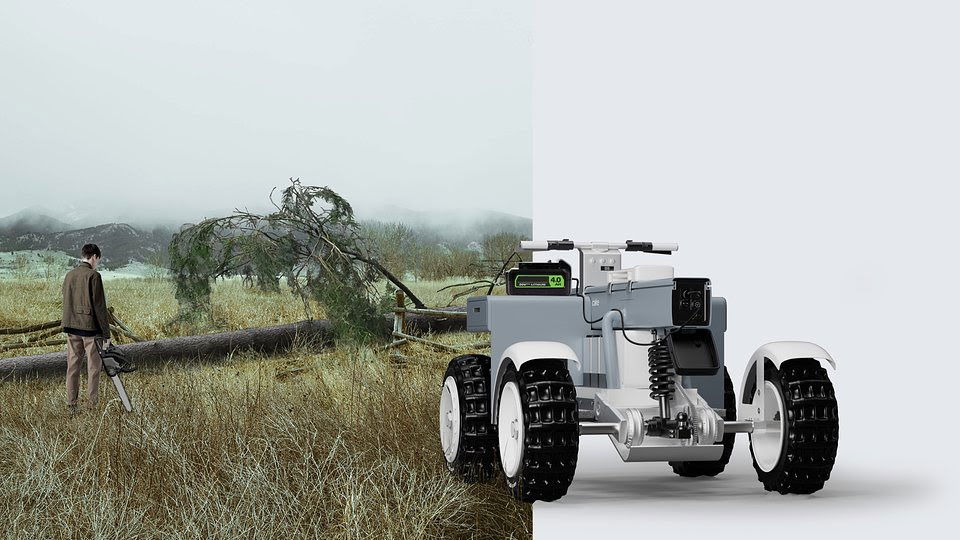
Cake took the name, as is the case with all of its motorcycles, from the the island of Gotland, and specifically its ancient language Gutniska. In that language, kibb means ox, which Cake says represents “the strength combined with gentleness and positive impact for biodiversity.”
The concept of the Kibb was first developed by Fanny Jonsson, a Masters student at the Umea Institute of Design, a part of the University of Umea, in 2022. (In 2020, Emmanuelle Charpentier and Jennifer Doudna were awarded a Nobel Prize for the latter’s work on gene editing technology. Since then, the city of Umea itself has become the home of Rally Sweden.)
Jonsson then became an intern at Cake in its design team, where she was able to develop a render for the Kibb. Having graduated, Jonsson now works full-time at Cake on the product development team.
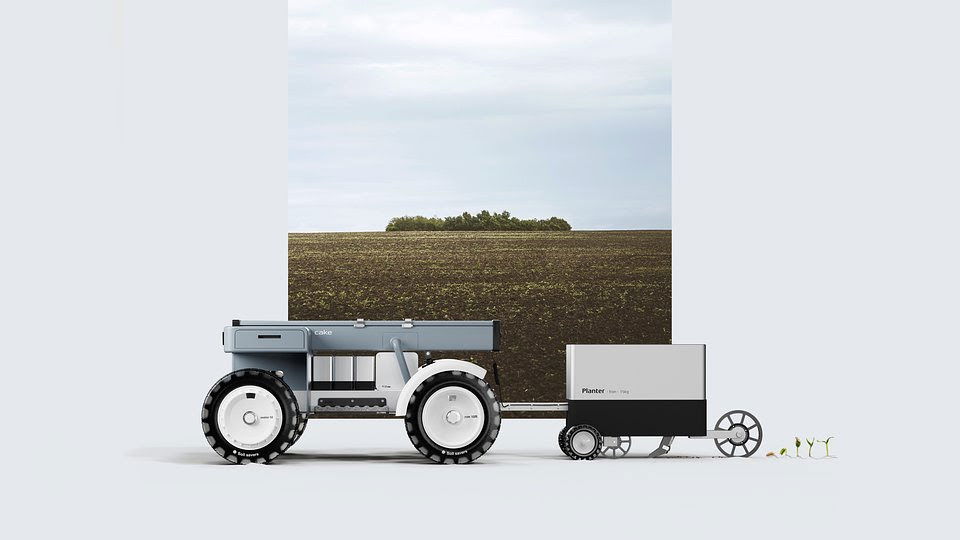
”Sustainable and responsible farming is vital for healthy ecosystems and we are aiming to make Kibb the number one tool for all future farmers,” said Stefan Ytterborn, CEO and founder of Cake. “Not only was the result from Fanny’s thesis an incredible achievement, but it was such an impressive reflection of the core Cake values, that it was impossible to not turn the Kibb into reality,” he continued.
Fanny Jonsson said: “When I started to build out the concept, I had real world challenges in mind, and explored heavily where there is the most unlocked potential on the market. Starting from the core Cake DNA combined with a new vehicle type was truly exciting, and that Cake started manufacturing this and is giving everyone the opportunity to follow the progress from my renderings and concept to reality is an honour as well as a great tool to take zero emission, regenerative farming to the next level.”
